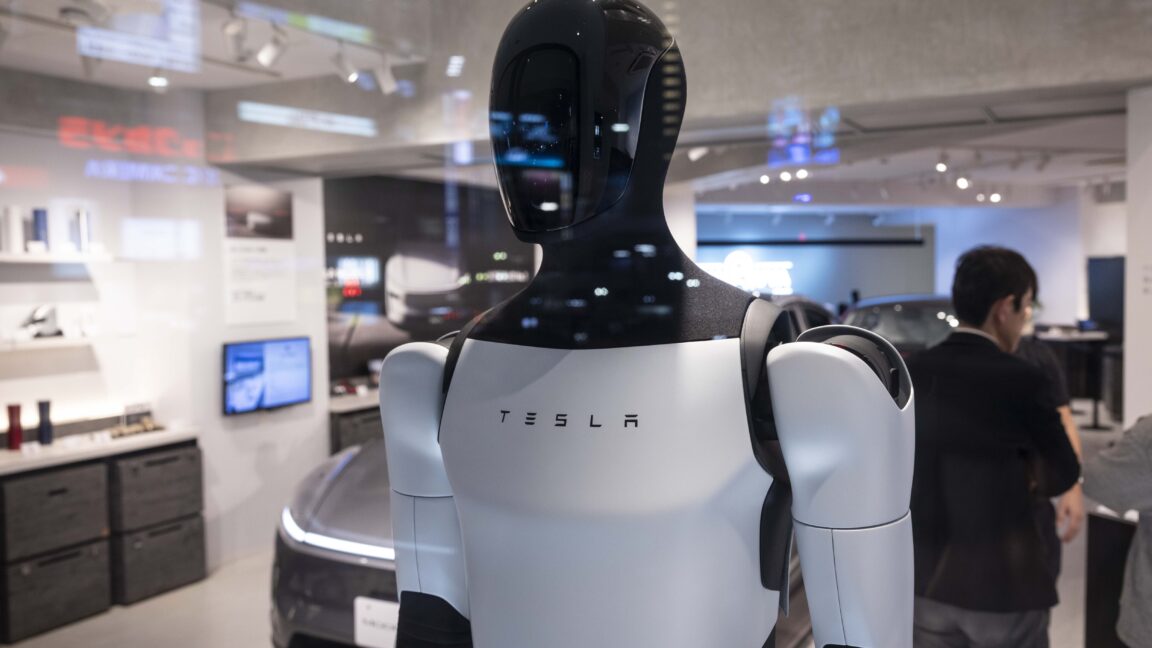Technology
Tesla and BYD Face Sales Declines as Competition Intensifies

Sales for both Tesla and BYD have taken a downturn in China, marking a challenging period for two of the world’s largest electric vehicle (EV) manufacturers. In August 2024, Tesla reported a 4 percent year-on-year decline in sales, following a more significant drop of 8.4 percent in July. This marks the second consecutive month of decreasing sales in the Chinese market, a crucial area for the company.
According to Reuters, the shortfall in sales at Tesla’s Shanghai factory has partially been mitigated by increased exports to other regions. However, the company continues to face formidable competition from BYD, which is also experiencing its own challenges. Recently, BYD disclosed a staggering 30 percent drop in quarterly profits, attributed to a directive from the Chinese government that effectively ended an aggressive price war among local automakers.
Market Dynamics in Europe
While both companies grapple with declining sales at home, the dynamics appear more favorable for BYD in Europe. Recent figures from the European Automobile Manufacturers Association indicate that Tesla’s sales in the region plummeted by 40 percent in July compared to the previous year, resulting in a market share reduction to just 0.7 percent within the European Union. In contrast, BYD now accounts for 1.1 percent of all new cars sold in the EU, positioning itself as a growing competitor in the market.
Despite these setbacks, Tesla achieved some success by selling 8,370 vehicles in Turkey during August, making it the country’s second-most popular automaker. This development highlights the importance of expanding into new markets as competition intensifies in established ones.
The Future of Tesla’s Business Model
In light of the declining sales figures, Tesla CEO Elon Musk has attempted to reassure shareholders about the company’s long-term viability. On a recent night, Musk took to his social media platform to assert that the future of Tesla extends beyond automobile sales. He suggested that the company is pivoting towards a focus on humanoid robots, claiming that up to 80 percent of Tesla’s future value could derive from this new direction.
Musk’s assertions come despite the fact that car sales currently constitute approximately 75 percent of Tesla’s revenue and play a vital role in generating carbon credits that support the company’s financial health. Although Musk has been promoting the idea of humanoid robots for years, skepticism remains regarding the practicality of his vision, especially given the reliance on conventional vehicle sales.
During an investor call last year, Musk claimed that Tesla could potentially sell billions of these humanoid robots annually. The ambitions for automation do not stop at consumer robots; Musk has indicated plans to integrate these technologies into Tesla’s production lines, potentially replacing human workers in the process.
As Tesla and BYD navigate these turbulent waters, the automotive landscape continues to evolve rapidly. Both companies will need to adapt to shifting consumer preferences and market conditions to maintain their positions as leaders in the electric vehicle sector.
-

 Science3 months ago
Science3 months agoToyoake City Proposes Daily Two-Hour Smartphone Use Limit
-

 Health4 months ago
Health4 months agoB.C. Review Reveals Urgent Need for Rare-Disease Drug Reforms
-

 Top Stories4 months ago
Top Stories4 months agoPedestrian Fatally Injured in Esquimalt Collision on August 14
-

 Technology3 months ago
Technology3 months agoDark Adventure Game “Bye Sweet Carole” Set for October Release
-

 World3 months ago
World3 months agoJimmy Lai’s Defense Challenges Charges Under National Security Law
-

 Lifestyle4 months ago
Lifestyle4 months agoVictoria’s Pop-Up Shop Shines Light on B.C.’s Wolf Cull
-

 Technology3 months ago
Technology3 months agoKonami Revives Iconic Metal Gear Solid Delta Ahead of Release
-

 Technology3 months ago
Technology3 months agoApple Expands Self-Service Repair Program to Canada
-

 Technology3 months ago
Technology3 months agoSnapmaker U1 Color 3D Printer Redefines Speed and Sustainability
-

 Technology3 months ago
Technology3 months agoAION Folding Knife: Redefining EDC Design with Premium Materials
-

 Technology4 months ago
Technology4 months agoSolve Today’s Wordle Challenge: Hints and Answer for August 19
-

 Business4 months ago
Business4 months agoGordon Murray Automotive Unveils S1 LM and Le Mans GTR at Monterey









